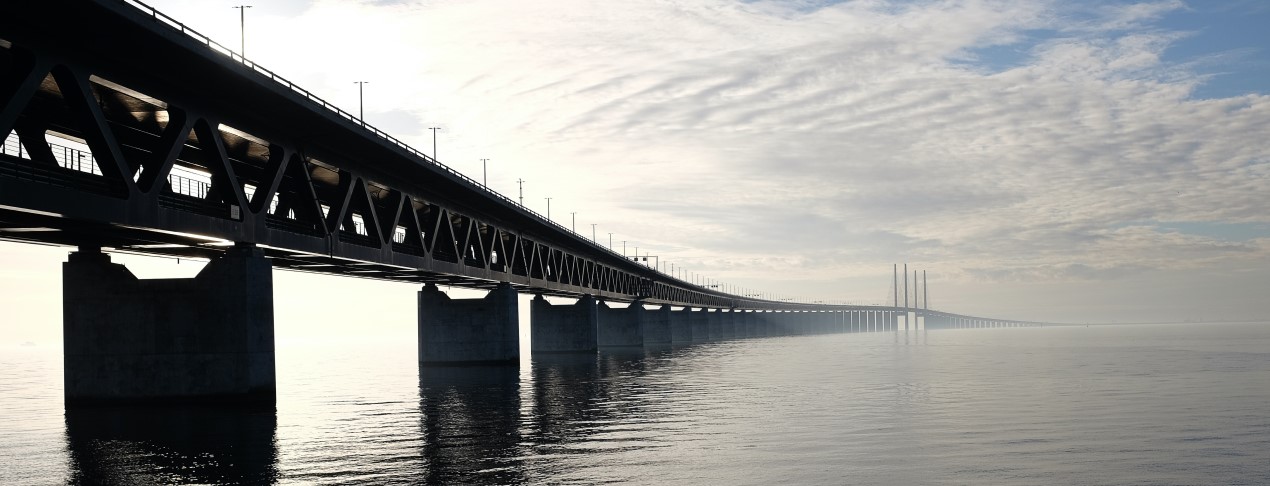Over the past decade, the topic of excavated earth and rocks and in particular the possibility of managing these materials as by-products and not as waste, has been the subject of numerous regulatory interventions, culminating in 2017 with the publication of a special regulation implemented via Presidential Decree 120/2017. It is with this in mind that the Land Management and Environmental Design for Construction Sites division addresses the management of excavated soil and rocks in an environmentally and economically sustainable manner, actively participating in the definition and continuous updating of design standards, technical specifications and procedures
In an increasingly digital world, the division has collaborated in the creation of applications such as SUIT (Sportello Unico di Ingegneria delle Terre - Single Land Engineering Desk), a portal being developed to facilitate the process of identifying potential sites for the transfer of the large volumes of soil produced during the construction phase of the work, and Terre Circolari, as part of the Open Italy program, a platform to identify potential production cycles and recovery plants for the benefit of the most sustainable alternative in terms of quantifying the CO2 emitted.
The division's experience and activities are also distinguished through its numerous partnerships with institutional bodies/organisations such as:
- Technical tables within Confindustria
- Participation in the Scientific Committee of RemTech Expo Inertia
- Support of IRSA-CNR and ISP-CNR in the development of site-specific conditioning and eco-toxicological studies on soils from mechanised excavation with additives using TBM and EPB technology
- Experimental studies with innovative startups and leading Italian universities
- Participation in technical tables on Sustainable Construction Site promoted by AIS - Sustainable Infrastructure Association
- Discussion tables with territorially competent Bodies (ISPRA, ISS, ARPA, APPA, etc.), as part of the drafting and implementation of Land Use Plans.
